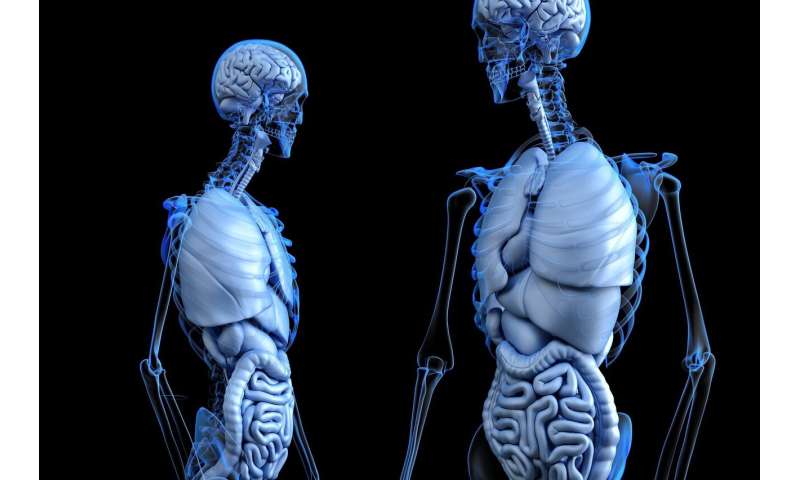
As part of a study on obesity and cancer, University of Hawaiʻi Cancer Center researchers S. Lani Park and Iona Cheng identified genetic risk variants associated with the amount of fat present in the liver. Investigators found an association between liver fat and a genetic variant on chromosome six, which is found in Japanese Americans and Native Hawaiians, but absent in African Americans, European Americans and Latinos.
The study, a collaboration with scientists from the University of Southern California and University of California, San Francisco, was published in Hepatology Communications. Researchers were also able to confirm a known association with a genetic variant already reported to affect liver fat.
Fatty liver has become a major public health problem related to obesity. High levels of liver fat are associated with metabolic syndrome, insulin resistance, chronic liver diseases and liver cancer. In the U.S., it is projected that the rise of fatty liver will replace viral hepatitis as the primary risk factor for chronic liver disease.
“Our discovery of genes associated with liver fat will allow us to better understand the biology of fatty liver and help us to identify individuals at risk for this condition,” said Park.
Native Hawaiians and Japanese Americans make up a large proportion of Hawaiʻi’s population, and previous Multi Ethnic Cohort (MEC) studies have shown that these ethnic groups are at greater risk for liver fat and conditions associated with it. Identifying genetic variants for liver fat, as found in this study, will help in the development of new strategies for the prevention and early detection of various liver diseases and other related outcomes.
Source: Read Full Article
